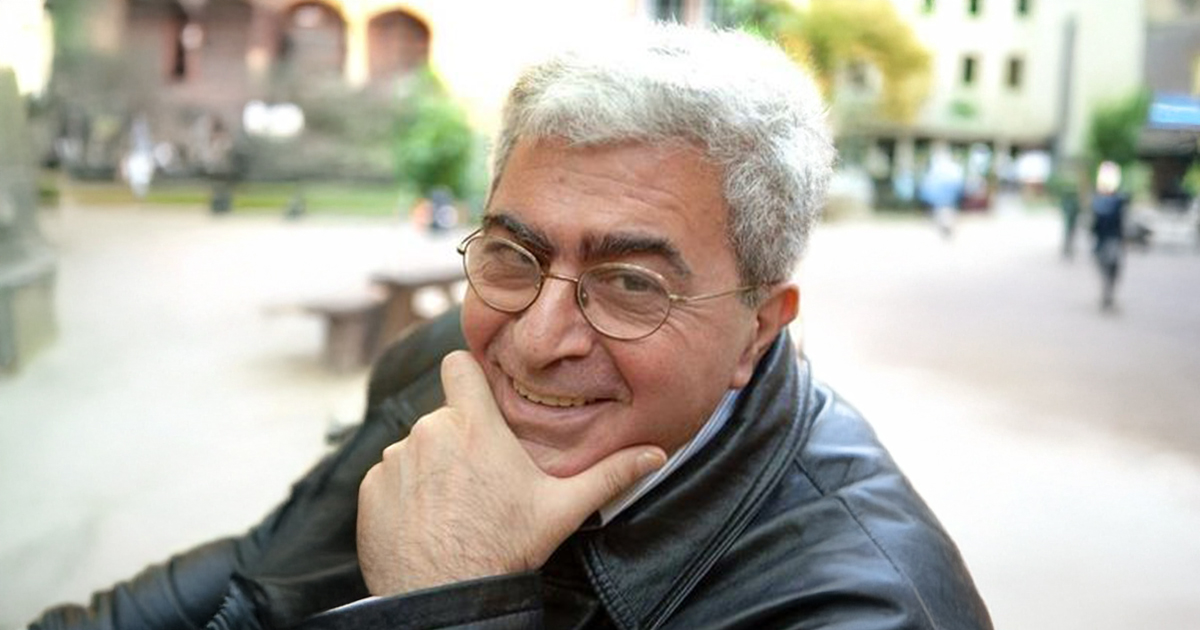In Memoriam: Elias Khoury
LAU bids farewell to the champion of free expression, human resilience and cultural resistance.
LAU mourns the loss of Elias Khoury, former visiting professor of creative writing at the School of Arts and Sciences (SoAS), renowned novelist, playwright, and one of Lebanon’s prolific intellectuals, who passed away on September 15, 2024, at 76. Throughout his career, Khoury was a steadfast advocate for the freedom of expression and the importance of literature in shaping society.
In his teaching, he promoted the use of literature as a means to explore and understand the complexities of conflict, displacement and resilience in the Middle East.
Khoury was born in Beirut in 1948. He obtained a BA in History from the Lebanese University in 1970 and a PhD in Social History from the University of Paris in 1973.
He experienced the turmoil of Lebanese and regional history, including the Lebanese Civil War, which deeply influenced his work. His novels and literary criticism—deeply rooted in the complexities of Lebanese history and identity and championing the Palestinian cause—helped shape the academic and cultural landscape in the region and addressed the political and social upheavals of the Arab world through universal themes of memory, exile and human resilience.
Khoury gained widespread recognition for his distinctive narrative style, which frequently employed multiple perspectives and non-linear timelines to mirror the fragmented nature of regional histories and experiences. This approach enabled him to explore the human condition during times of conflict in ways that shed a nuanced light on the broader context of political disorder.
In his pursuit of understanding the human condition amid violence and fragmentation through storytelling, Khoury’s novels, including his magnum opus, Gate of the Sun (Bab Al-Shams), aimed to amplify the voices of the marginalized by portraying the pain of dispossession and loss across generations and borders.
Throughout his career, Khoury held various prominent roles across the Middle East, Europe and the US, including New York University, Columbia University, the University of London, University of Houston, and Princeton. He also led the Thakirat Al-Shu’ub series in Beirut, served as the editorial director of the cultural section at Al-Safir newspaper, and later took on the role of director and editor of Al-Mulhaq, the cultural supplement of Annahar newspaper.
In each position, he shaped public discourse by fostering critical engagement with literature, politics and social issues in Lebanon and the Arab world, where he became a symbol of resistance and intellectual freedom. His novels were translated into several languages.
“Elias Khoury’s death leaves a void in the world of Arabic letters, but his words, ideas, and the stories he told will continue to inspire, challenge, and move readers,” said SoAS Dean Haidar Harmanani. “His work remains a testament to the enduring power of literature to reflect the human spirit in times of both suffering and hope.”
In mourning his passing, Dr. Harmanani added, LAU also commemorates the rich legacy Khoury leaves behind.
